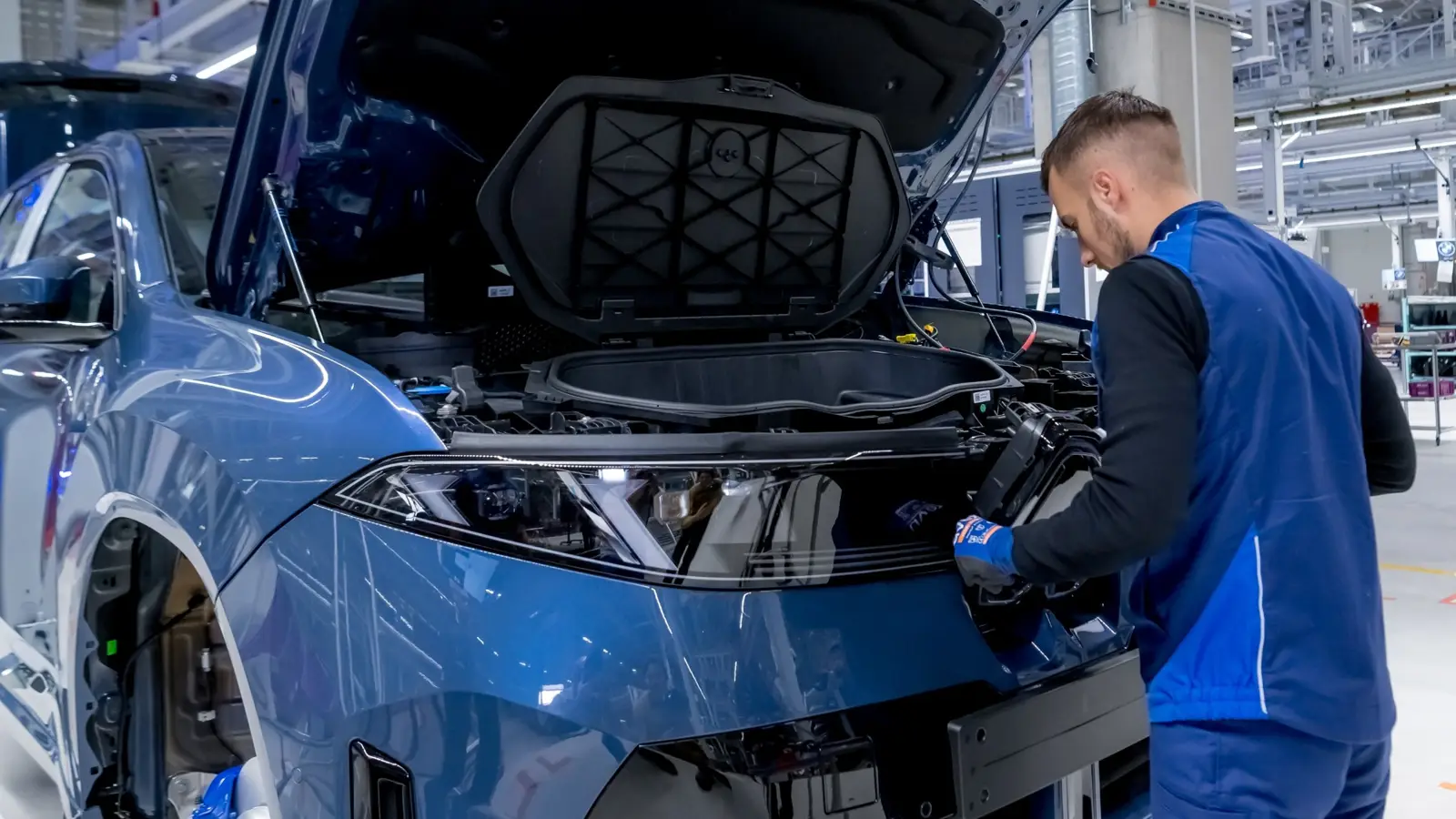BMW Debrecen plant launches iX3 as first Neue Klasse model

BMW inaugurates its Debrecen plant, the first fully renewable factory, starting production of the iX3 Neue Klasse with Gen6 batteries and reduced CO2 emissions.
A landmark moment unfolded in Debrecen as BMW Group officially opened its newest and most innovative production site. With a ceremony blending Hungarian culture and modern industrial design, the company unveiled its first plant to operate entirely on renewable energy, without the use of fossil fuels. This debut marks the beginning of a new era for BMW’s global production network.
The inauguration was attended by top executives, including Chairman of the Board Oliver Zipse, as well as Hungarian Prime Minister Viktor Orbán and Debrecen’s Mayor László Papp. Zipse emphasized that the plant will play a decisive role in BMW’s future, as it will launch series production of the first Neue Klasse model — the all-electric BMW iX3.
The project dates back to a 2018 decision and represents one of Hungary’s largest greenfield investments, exceeding €2 billion. More than 2,000 jobs have already been created, alongside opportunities for local suppliers and service providers. Government support accounted for around 3% in direct subsidies, with the overall contribution being significantly higher when infrastructure investments are included. The site also strengthens ties with the University of Debrecen and the DSZC vocational training center, positioning itself as a hub for dual education programs.
Designed as a “network plant,” Debrecen integrates best practices from BMW sites worldwide. Advanced digital modeling, AI-based quality monitoring, and fully electric in-house logistics highlight the forward-looking approach. The unique “finger structure” ensures that up to 80% of parts are delivered directly to the assembly line, streamlining operations and reducing costs.
Sustainability is at the core of the plant’s concept. Production of the new iX3 in Debrecen will cut CO₂e emissions by about two-thirds compared with current models, with plant-related emissions reduced to roughly 34 kg per vehicle — a 90% reduction versus other BMW sites. A 50-hectare photovoltaic system and a 130 MWh thermal storage facility further boost energy independence.
A dedicated facility on-site will assemble sixth-generation high-voltage batteries. These Gen6 units incorporate recycled materials such as lithium, nickel, and cobalt, achieving a 42% reduction in CO₂e per watt-hour compared with the previous generation. The plant is expected to set a benchmark for future BMW facilities around the globe.
While the scale of the investment underlines BMW’s commitment, reports in Hungarian media suggested adjustments to the original production plans, including the decision to shift 3 Series production to Munich. This sparked speculation about capacity utilization, but BMW dismissed suggestions of major cutbacks, reiterating Debrecen’s strategic role in the Neue Klasse rollout.
The ceremony concluded with a performance celebrating Hungarian traditions, followed by a group photo featuring employees, Prime Minister Orbán, Oliver Zipse, and two brand-new BMW iX3 vehicles. For Debrecen, the event was more than an opening — it marked the city’s emergence as a vital hub in Europe’s industrial future.
Mark Havelin
2025, Sep 30 15:03


